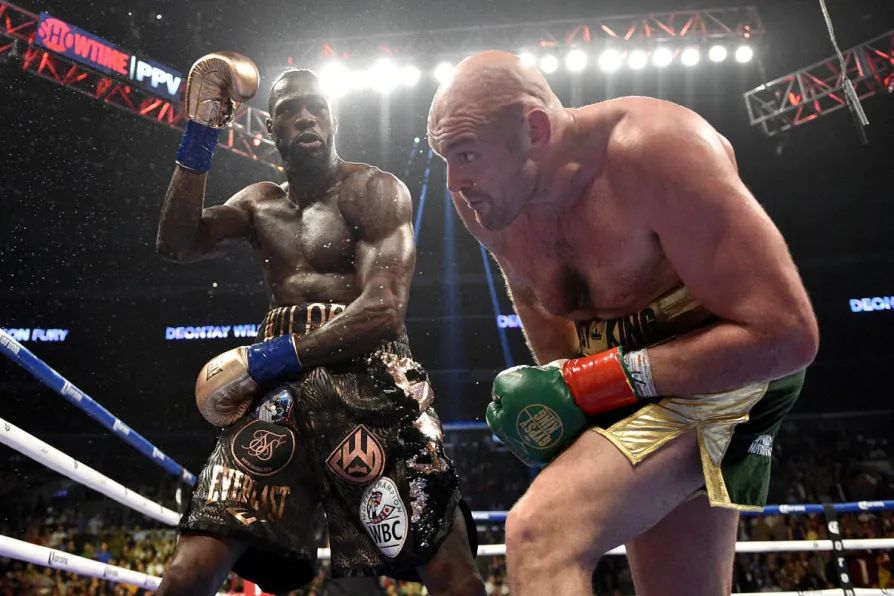The ‘legacy fight’ that is Fury v Wilder II


FINALLY then, we have it confirmed. Tyson Fury’s wildly anticipated rematch with Deontay Wilder will take place on February 22 at the MGM Grand in Las Vegas.
It means that barring injury or mishap in training camp, these two current undefeated heavyweights, who also happen to be among the most colourful tha boxing has ever produced, will meet in the centre of the ring with more than Wilder’s WBC title or Fury’s unofficial lineal title on the line.
For this, to be sure, is a contest that has “legacy fight” written all over it — the outcome certain to enter the annals of the sport’s history as no other heavyweight clash of recent times has.
Similar stories














